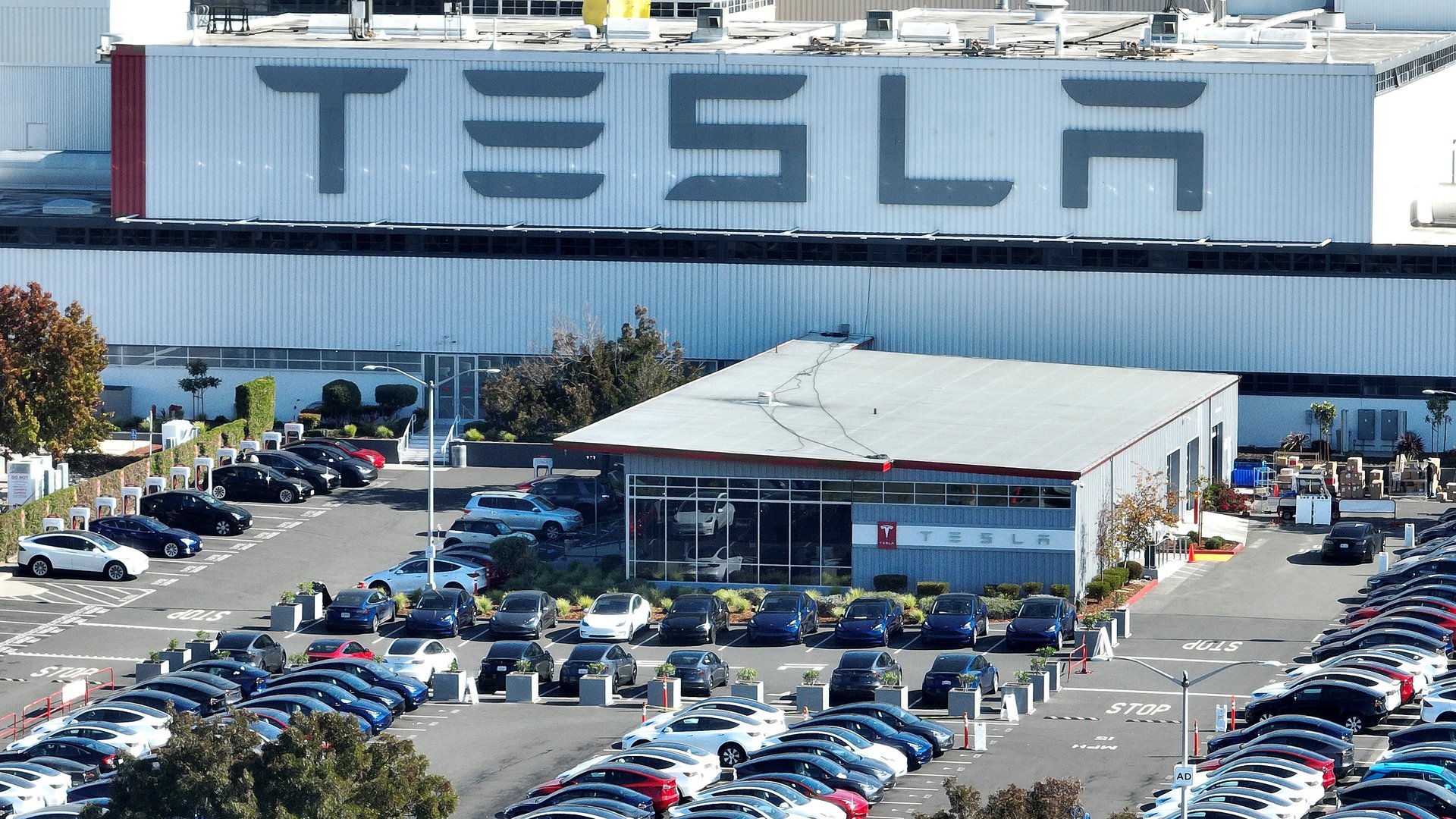The US is reducing tax credits for foreign-made EV models
The new regulations require a certain percentage of EV battery components to be sourced and manufactured domestically

The US Treasury Department announced new electric vehicle (EV) tax rules that will reduce or cut tax credits on EVs primarily made in foreign markets in an attempt to combat China’s growing market share in emission-free automobile production.
Suggested Reading
The new tax guidance is based on the clean vehicle provisions of the Inflation Reduction Act passed last year. It will take effect on April 18. The decision is part of president Joe Biden’s plan to make half of all US-made vehicles emissions-free by 2030.
Related Content
Although the new regulations will supersede old tax credit policies, thereby eliminating a number of discounts for those purchasing foreign-made EVs, the Treasury Department says the scope of the new tax credits will end up benefiting consumers as well as the American economy.
“Today, Treasury is taking an important step that will help consumers save up to $7,500 on a new clean vehicle and hundreds of dollars per year on gas, while creating American manufacturing jobs and strengthening our energy and national security,” treasury secretary Janet L. Yellen said in a prepared statement.
Still, US government officials admitted that this decision will likely make most EVs more expensive, as the majority of electric vehicles in production globally do not qualify for this tax credit. Notably, Tesla announced that the new rule will reduce the tax credit for the company’s mega-popular Model 3 car.
How much is the new US tax credit for electric vehicles?
New policies passed in the Inflation Reduction Act will provide up to $7,500 in tax credits, with a few caveats.
The new rules, which go into effect in April, require that 50% of the value of the car’s battery components must be produced or assembled in North America to qualify for a $3750 credit.
In order to qualify for the other $3750 credit, 40% of the value of minerals in the vehicle’s battery—such as lithium, cobalt, and nickel—must be sourced from the United States or a designated trading partner. This mandate is specifically meant to de-incentivize buying Chinese minerals. There is almost no lithium production in the US.
These requirements are in addition to new EV tax credit rules announced on January 1, which mandated that the vehicle must have undergone final assembly in North America to qualify for a rebate.
The requirements also impose a cap on the price of vehicles eligible for the credit. In order to qualify, the EV must not be purchased for more than $55,000, or $80,000 for SUVs and pickup trucks.
US investment in EV manufacturing is growing quickly
🔌 BYD profit surged by 400% last year as the electric vehicle market keeps going in China
